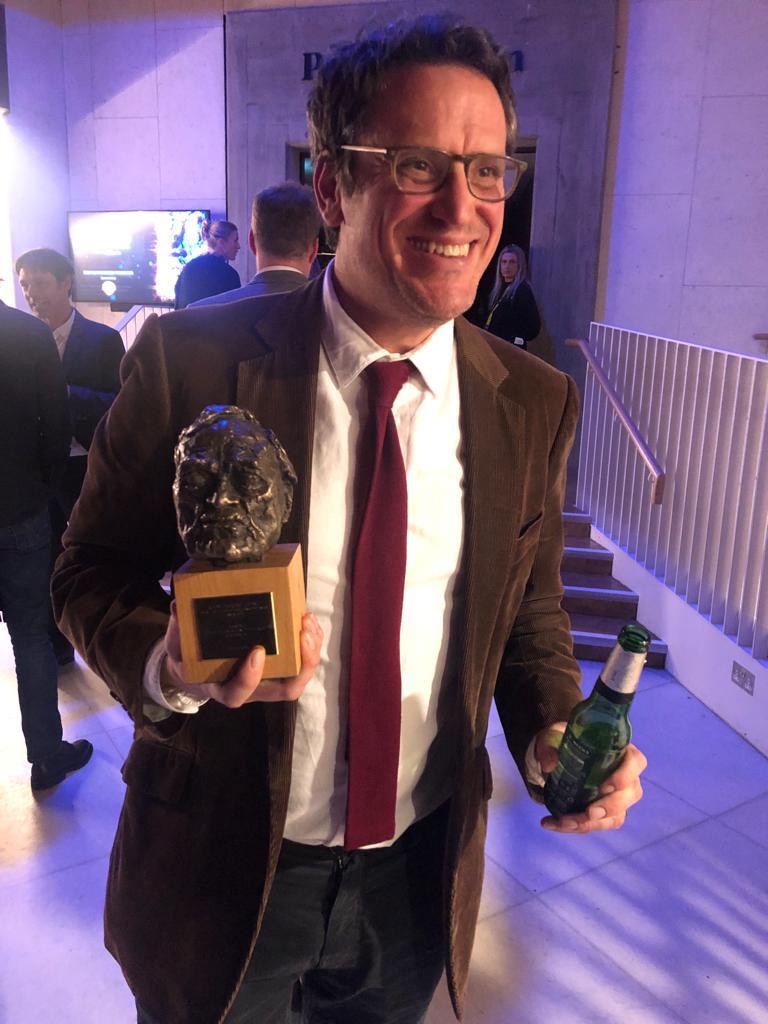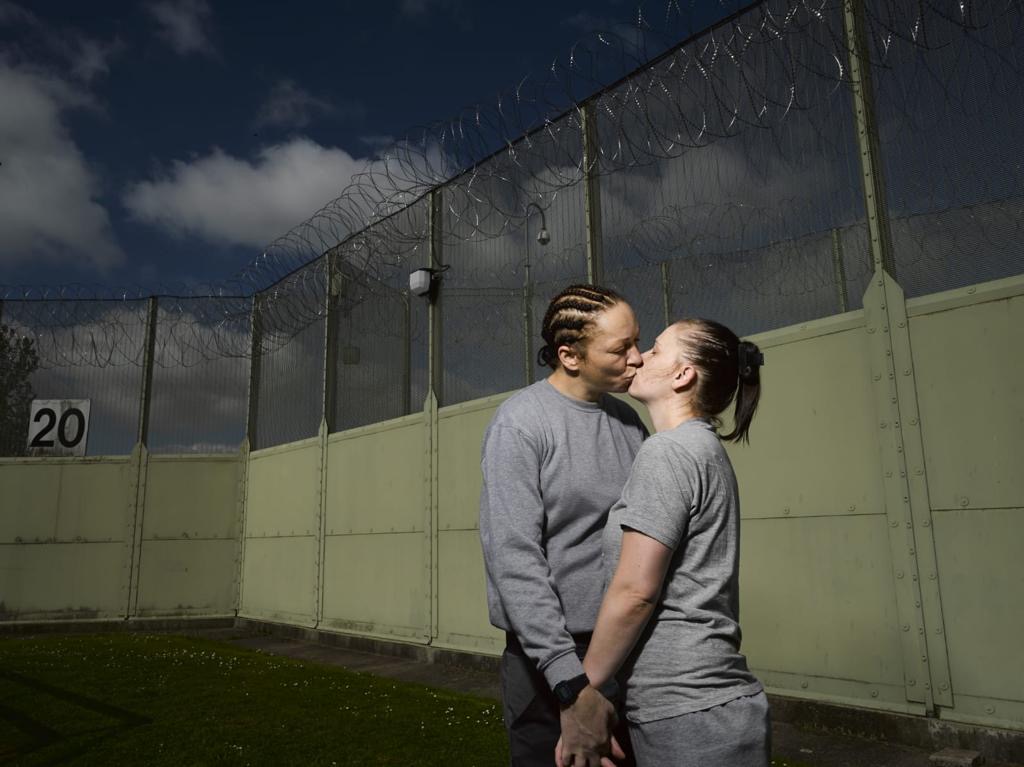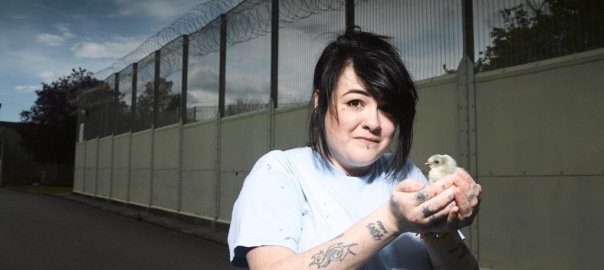The last time I interviewed Paddy Wivell, he was just putting the finishing touches on the first series of Prison. The three part series, filmed in Durham Prison, was a revelatory look at a system in crisis. It took a themed approach, with an episode each focused on mental health, drugs and violence. It won both the Grierson and Royal Television Society awards for Best Documentary Series.
Now Paddy has turned his attention to women prisoners, filming for months in HMP Foston Hall in Derbyshire. I caught up with him over the telephone to find out more about Prison: Series 2.
Carol Nahra: Can you tell me about the approach to this series?
Paddy Wivell: It felt like a natural progression after the Durham series to then look at the women’s estate. There are 80,000 male prisoners (in England and Wales) and something like 4,000 female. So I knew I would be encountering something quite different. I wanted to take a sort of present tense approach – looking at the culture within the environment. But actually what I did find was the women’s backgrounds became seemingly more relevant as I started to pick up on some of the main themes. You just couldn’t look away from the effects of trauma played out in the lives of the women in terms of sexual and domestic abuse. It felt really important to then spend some of the time with the women looking back at what brought them into prison.
Each film again has a theme. The first film is really looking at short sentences. Something like 75% of women in prison spend less than 12 months in prison. And within that to be able to look at issues like drugs, relationships, trauma within a setting where women are coming in and out routinely. And ultimately sort of questioning the validity of a system that doesn’t seem to rehabilitate or help women with the kind of difficulties that they come into prison with. Because the prison has a very short window, you’re not doing anything to rectify or help with the problems. So that’s one of the films.

Another of the films looks at the issues of family. Something like 95% of children when the mother goes to prison has to leave the family home. So I was really interested in how do you continue to parent from within the prison and what sort of dilemmas does that bring up? How important is it that family ties are maintained in order to help with reoffending?
And then another film looks at the issue of trauma in more detail through a prisoner led therapeutic course called Healing Trauma. So that’s a map of the three films. Although the approach was similar to the first series, the content feels very very different.
CN: So much of the series is dependent on your interactions with your contributors. I’m wondering if your interactions were different than with the men and how you were received?
PW: To be honest with you it was much more gratifying. Women handle incarceration very differently to men and the fact is that they do it through relationships with each other. So in terms of filmmaking in many ways it was far richer than the first series. Because women want to communicate.
That’s not to say that it wasn’t quite difficult at first just gaining the trust of the prison as a whole. Obviously a lot of women in there have had very difficult experiences with men. So when somebody like me comes in it takes a long time to build a sense of trust, and a feeling that they’re going to be safe with us wandering around. So that took some time. But once I found the contributors who could speak to these wider themes it was immensely gratifying because the conversations were richer and more detailed. So I think what it might lack in the sense of a system in crisis it absolutely points to a sort of richness of humanity.

CN: Did you get a sense that there was a way that the men could be learning from the women?
PW: Definitely. I think there is a certain sort of narrative that is applied to women in prison that isn’t necessarily applied around men. There is a public recognition that for most of the women in prison that they’ve had worse crimes visited upon them than they have actually perpetrated. And trauma has a huge effect and there is a sense that a lot of women are going to prison and being punished when they’ve already been punished throughout their lives. Because these narratives aren’t as prevalent with a male population it doesn’t mean to say that it doesn’t exist. I would say obviously huge numbers of men have had the same issues.
But one of the other really shocking things is what happens when women are released. There are only six hostels nationally with 100 places a huge amount of women are being released homeless. So there is a real problem in sending people back outside without proper accommodation or support. There is a big push that hasn’t really materialised as much as it should do where women carry out their sentences in the community instead. And get support for issues that are common to them, like substance misuse debt or homelessness
CN: I know that it was tricky in the first series getting your third episode to broadcast because of people getting caught up in the legal system. Have you had any issues with this series?
PW: Anybody that’s released can pick up a charge at any time so it’s always quite anxiety inducing. We have to do a check a week before the TX, and the first program can go out. We will keep our fingers crossed for the next two!
The first episode of the second series of Prison goes out on Channel 4, 9pm Monday, 17 February.













